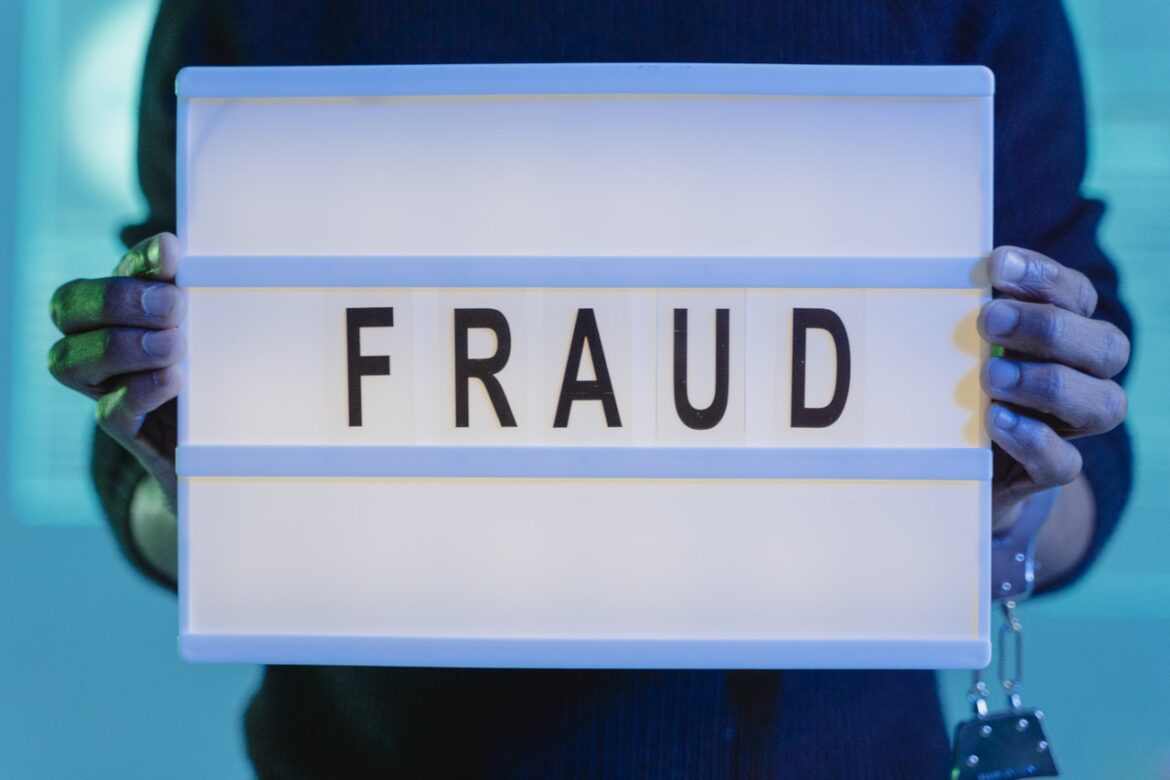There is no Cash App generator or Cash App hack that requires you to install a mobile app to get free money.
Cash App, Square’s peer-to-peer (P2P) payment services app, has grown steadily since its debut in late 2013, fueled by a promotional marketing campaign offering cash gifts to those who engage with the brand on various social media platforms. The success of these promotions, in turn, encourages an army of scammers who employ various scams to steal hard-earned money from social media users, Tenable said.
The cybersecurity firm detailed that scammers attack vulnerable Cash App users on Twitter and Instagram through false requests, money exchange schemes that promise to multiply (money flipping), and mobile application recommendations, at the same time as videos of YouTube promote fake Cash App generators.
You have to be very careful because the reality is that from time to time we meet certain individuals who want to get away with it and steal your money, which you have earned working from sunrise to sunset. The police have issued an alert to the community to beware of scammers.
The scammers’ operation works like this:
The person stops you on the street, the mall, or in a public place. He tells her that he has an emergency. They tell him a sad and credible story and he tells them that they need to make a phone call and send some texts to their relative, but their cell phone has no battery. Then they ask you please if you can lend them your phone so they can make a call.
You, being a very good person and thinking that there is nothing wrong with providing your phone for a simple call or text, lend it to him. The problem is that by doing that, the person takes their phone, and instead of making the calls or sending a text message, what they do is search and open their Venmo, Cashapp, or Paypal application and send money themselves from their account and make purchases with access to your applications. These people are experts and they do everything right fast while they are talking to you and entertaining you.
“Looking at the numbers, it’s easy to see why Cash App is such a promising target for scammers. According to a MarketWatch article from August 2019, Cash App recorded a whopping 2.4 million downloads in July 2019. The same article notes that the Cash App application has been downloaded 59.8 million times since its launch in 2013, surpassing its biggest competitor, Venmo, which has been downloaded 52.7 million times, ”he said in a statement.
He cautioned that the app team will never ask customers to send them money, nor will it ask for a customer’s PIN or passcode outside of the app. So he made the following recommendations:
Don’t trust Twitter and Instagram posts promoting #CashAppFriday or other giveaways. Do the math; If it sounds too absurd ($ 900 for the first 900 people), it is probably a scam. Even if it’s a modest sum ($ 20 for the first 100 people), be skeptical.
Changing money so that it multiplies is not a real operation. There is no program or method to alter transactions to increase the value of your money within the Cash App or any other person-to-person payment service. If the test they offer you is to convert $2 into $20, know that the Cash App scammer is using his pool of funds to gain your trust and steal a larger sum of money.
If you get a message from someone saying they won a Cash App giveaway and include a link to a website asking you to log into Cash App, it is almost certainly a phishing site. Do not enter their mobile phone number or provide their “access code” on any website. Instead of clicking a link in a direct message or social media post, visit the actual Cash App website (https://cash.app) or check their mobile app.
There is no Cash App generator or Cash App hack that requires you to install a mobile app to get free money. In these cases, they use you as a pawn to help a scammer earn money for the applications that you install on your mobile phone.
It is important to review the Cash App settings to scare off scammers. This includes making sure you have enabled Security Lock, which requires the Cash App pin to transfer funds. Keep the Cash App pin and never share it with anyone or with any website.
Lastly, he noted that you can restrict who can send you an incoming money request to Contacts Only. These will prevent Cash App scammers, posing as Cash App or celebrities, from sending you requests to send them money for verification purposes. Even with this setting enabled, you can continue to send and receive money through the Cash App.
So be very careful with these scams. If you are a victim, immediately make a report to the police and contact your service providers.

